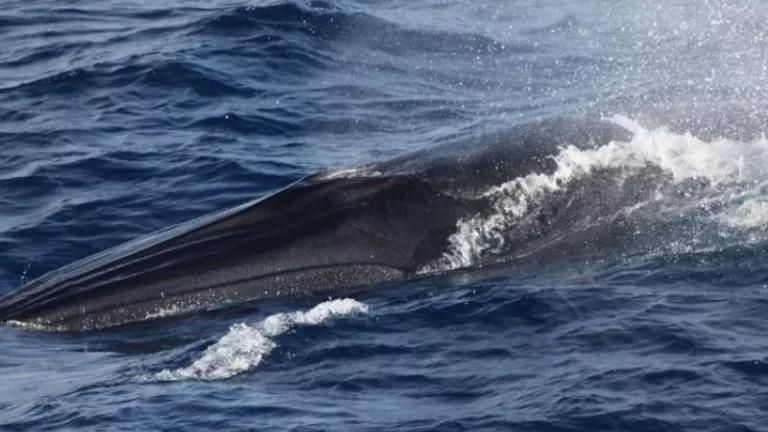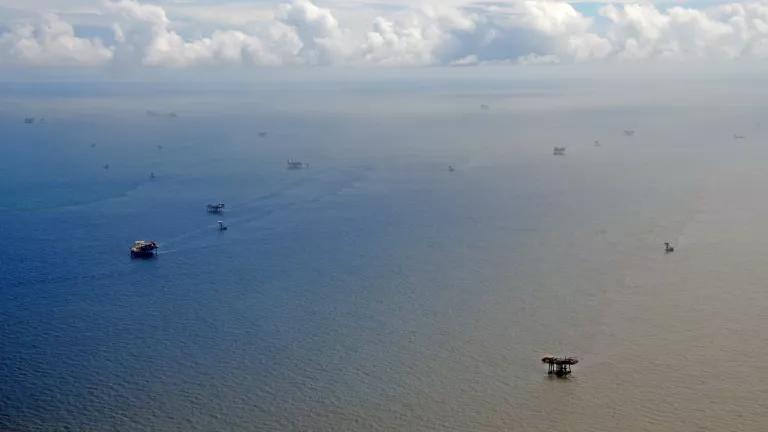Scientists Speak Out to Support EPA's Watershed Assessment and Urge Protection of Bristol Bay
“In my view, it is no longer acceptable for scientists to remain on the sidelines,” wrote Michael Mann in the New York Times last month. He went on to argue that if scientists do not engage to “ensure that the policy debate is informed by an honest assessment of the risks” then “we leave a vacuum that will be filled by those whose agenda is one of short-term self-interest.” Dr. Mann, director of the Earth System Science Center at Pennsylvania State University, was talking about climate scientists and climate change but his point is broadly applicable.
Today 360 leading scientists stepped from the sidelines and, in a letter to the U.S. Environmental Protection Agency, spoke out about a proposal to develop large-scale mining in Alaska’s pristine Bristol Bay watershed. Informed by their review of EPA’s final Watershed Assessment, released last month, and their own expertise in fields from fisheries to forestry, ecology to geology, and environmental policy to philosophy, these scientists concluded that large-scale mining in the Bristol Bay watershed posed “significant” – and even “catastrophic” – risks to the ecosystem, salmon, wildlife and Alaska Native cultures. And, in the letter’s powerful final paragraph, they urged “the Administration to act quickly to protect the area” and the “EPA to use its authority under the Clean Water Act to take the necessary next steps to protect Bristol Bay.”
I am a biologist who works to understand fish and how they interact with their environments. I have spent my career teaching, conducting research, publishing my results, and advocating for application of science to guide sustainable environmental management. Last week, after I completed my own review of the Watershed Assessment, I wrote this piece for LiveScience (reposted on my Switchboard blog here) summarizing the report’s findings and commending the EPA for their careful and rigorous process. I then posed the question: “Do we now have enough information to make an informed decision about whether or not to allow a mine in the Bristol Bay watershed?” For me, the answer was “yes.” So, I expressed my voice—as a scientist and as “a citizen with a stake in the process”—to choose “the enduring value of the land, water, and the fishery — and the people, jobs and culture it sustains” over the ephemeral benefits and permanent damage of a mine like the proposed Pebble Mine. I closed by asking the EPA to use its authority under the Clean Water Act to prevent destruction of water, fisheries and recreational resources and preserve this national treasure.
As Michael Mann urged, “If you see something, say something.” Today, hundreds of scientists did just that.



